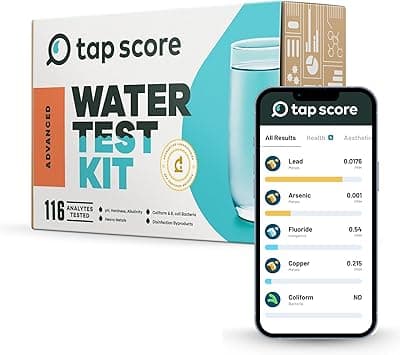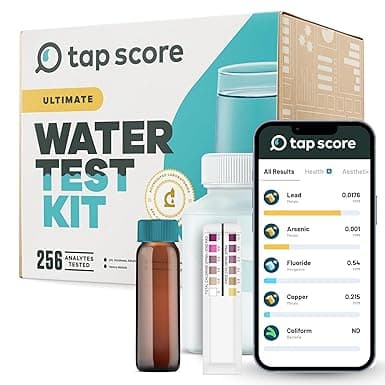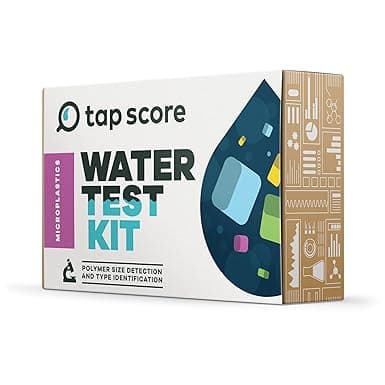Enterococcus faecalis
Enterococcus faecalis is a type of bacteria that is commonly found in the intestines of humans and animals. It is a gram-positive, facultative anaerobic bacterium that can survive in harsh environmental conditions. While it is a normal part of the gut flora, its presence in water indicates fecal contamination.
EPA MCLG Level
0 ppb
Maximum level that poses minimal health risk based on the latest science
Health Effects
Exposure to Enterococcus faecalis can lead to gastrointestinal infections, urinary tract infections, and other serious health issues, particularly in immunocompromised individuals. It can cause fever, diarrhea, and abdominal pain.
Affected Organs & Systems:
Common Sources
- Agricultural runoff
- Sewage discharge
- Natural deposits
How to Remove It
Water filters certified under the following NSF standards are effective at removing Enterococcus faecalis:
EPA MCLG Level
The EPA MCLG represents the maximum level that poses minimal health risk based on the latest scientific research. It's often more protective than federal legal limits.
Contaminant Type
Enterococcus faecalis is classified as a Bacteria contaminant.
This contaminant primarily affects the Gastrointestinal system, Urinary system, and other systems.
Related Bacteria Contaminants
Check Your Water
Find out if Enterococcus faecalis is in your tap water.
Search cities for Enterococcus faecalis dataTest Your Water for This Contaminant
Public water reports may not test frequently enough or at your specific tap. Professional home testing provides current, location-specific results.

SimpleLab
Standard Home Water Test
$232
Comprehensive water analysis testing over 200 contaminants including bacteria, heavy metals, and chemical compounds.

SimpleLab
Advanced Home Water Test
$369
Most comprehensive home water test including all standard tests plus additional parameters for ultimate peace of mind.

Tap Score
Advanced Microplastics Test
$636
Cutting-edge testing for microplastics particles in drinking water using advanced laboratory techniques.
Stay Informed About Your Water Quality
Get EPA reports, filter recommendations, and safety alerts for your area.
Join 10,000+ people protecting their families. Unsubscribe anytime.